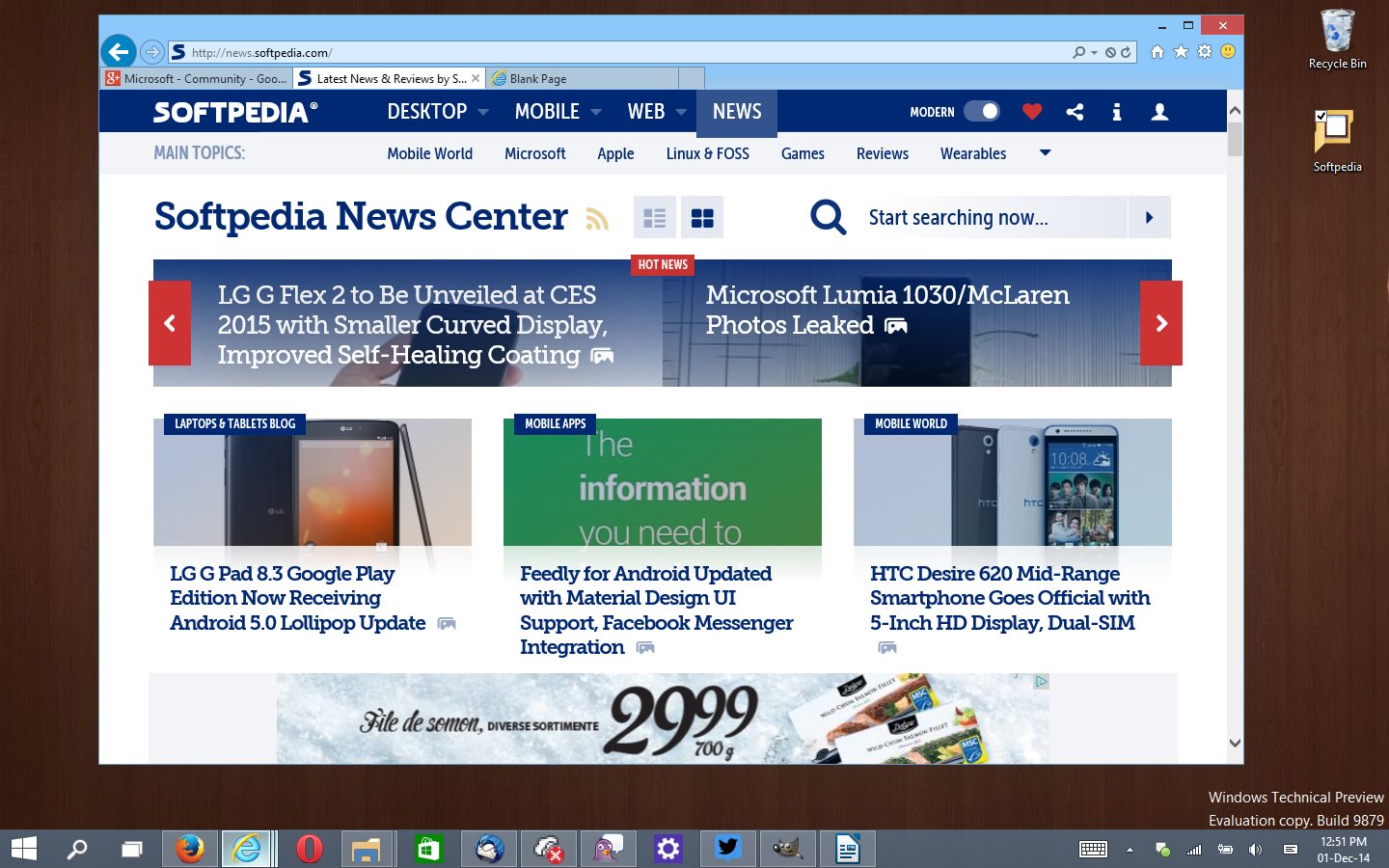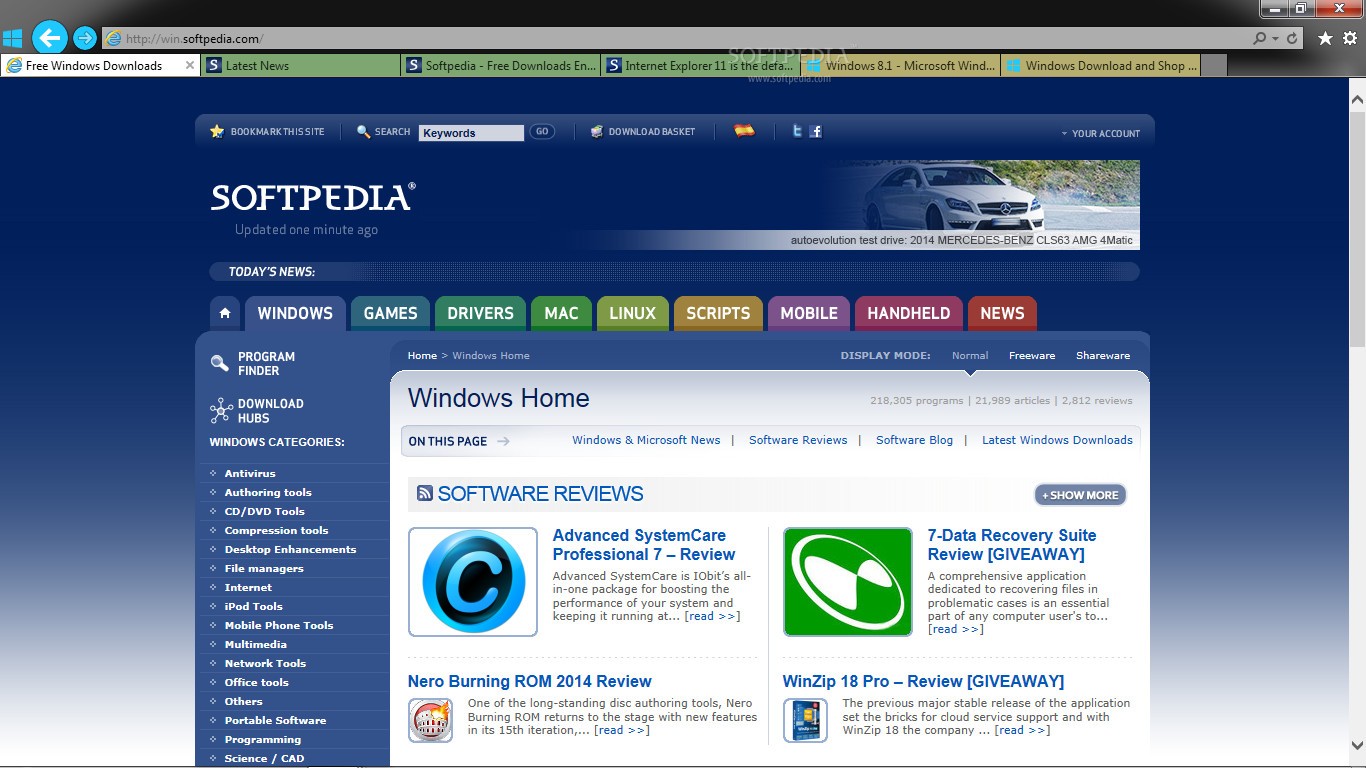

Mozilla plans to restore the original user agent of Firefox with the release of Firefox 120. The end of the user agent string displays the actual version of Firefox still. Instead of echoing rv:110, rv:111 and so on up to rv:119, Firefox returns rv:109 instead. Instead of risking problems with functionality, compatibility, or other display issues for Firefox versions 110 through 119, Mozilla has " decided to freeze part of Firefox's version." So when a Firefox user visits a website using Firefox 110 (or any other version up to Firefox 119), "The site in question checks for rv:11 in the user agent Firefox's rv:110 value is identified wrongly as Internet Explorer." Internet Explorer 11's user agent ends by identifying its release version as rv:11.0, the article points out.

Some sites identify Firefox as Internet Explorer because of inaccurate user agent sniffing. When done incorrectly, it may lead to false identification this is exactly what is happening on some sites currently regarding Internet Explorer user agent sniffing and the Firefox web browser. When done correctly, it may reveal the used browser and that may then lead to a custom user experience. The user agent informs the site about several parameters, including the used web browser (engine) and operating system. Some websites and apps use code to determine the user agent. Yet Ghacks reports that Internet Explorer " is still haunting some from its grave." 2022 was the year that Microsoft retired its Internet Explorer web browser (to concentrate on its Chromium-based Microsoft Edge browser).


 0 kommentar(er)
0 kommentar(er)
